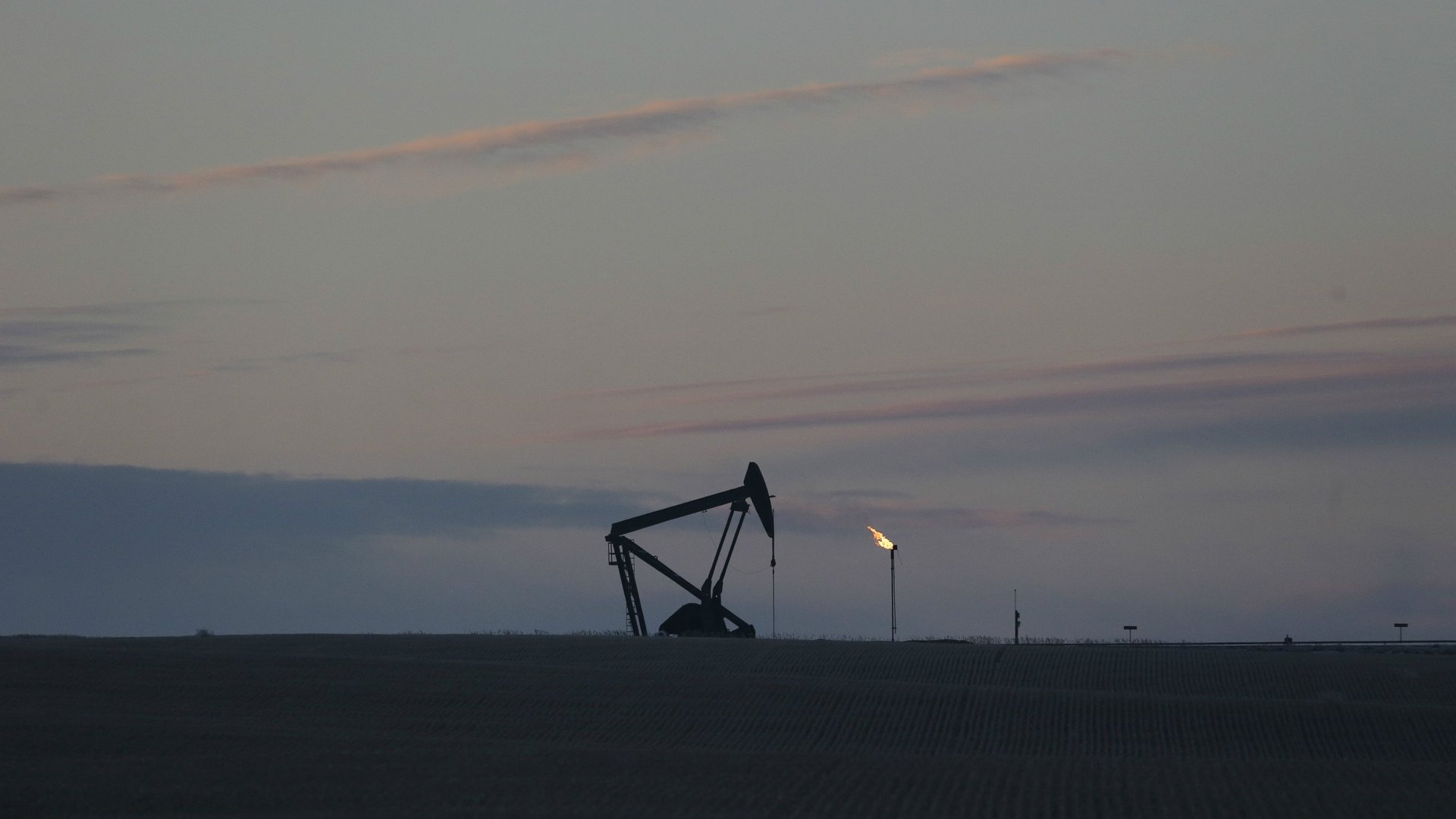Natural gas is now so cheap that would-be buyers are being paid to take it away
Within the vast Permian Basin, in West Texas, at the Waha gas pipeline junction some 120 miles south of Midland, buyers and sellers come together to sell huge volumes of natural gas, destined to heat homes, generate electricity, and make chemicals.


Within the vast Permian Basin, in West Texas, at the Waha gas pipeline junction some 120 miles south of Midland, buyers and sellers come together to sell huge volumes of natural gas, destined to heat homes, generate electricity, and make chemicals.
Lately, however, there’s a problem. Wholesalers are buying oil, but they’re skipping on natural gas—a natural byproduct of the oil drilling process. Overproduction of oil, coupled with an existing pipeline down for maintenance, has left oil producers with more gas than they know what to do with. The oversupply has pushed prices for that natural gas into the negative, so sellers at the hub are resorting to paying customers with spare pipeline capacity to take the stuff off their hands.
A combination of equipment problems and weak demand, Reuters reports, has resulted in plummeting gas prices in West Texas, reaching a record low of -$3.38 per million British thermal units on Wednesday (April 3), after nearly two weeks of negative prices. Oil producers are loath to flare natural gas—burning it off–any more than they have to: It’s noisy, bad for the environment, and a potential safety risk. Not doing so, coupled with an inability to sell it off, however, comes with a literal cost.
Under usual circumstances, gas flows west through the El Paso Natural Gas Pipeline to compressors in New Mexico. But equipment problems at two such stations has limited how much gas can be processed. Both are expected to be back in service by the end of the week. That may be too late, however, since the declining demand for gas for heating, as winter gives way to spring, has created a buyers’ market—and one that is increasingly looking to wind power as a substitute.
For as long as the US relies on oil, producers are going to have a surfeit of natural gas. Planned pipelines should help manage the extraction process, but they won’t be finished until the end of the year. Even then, there will still be more gas than sellers know what to do with, potentially creating an environment where the most lucrative part of gas is simply taking it away.